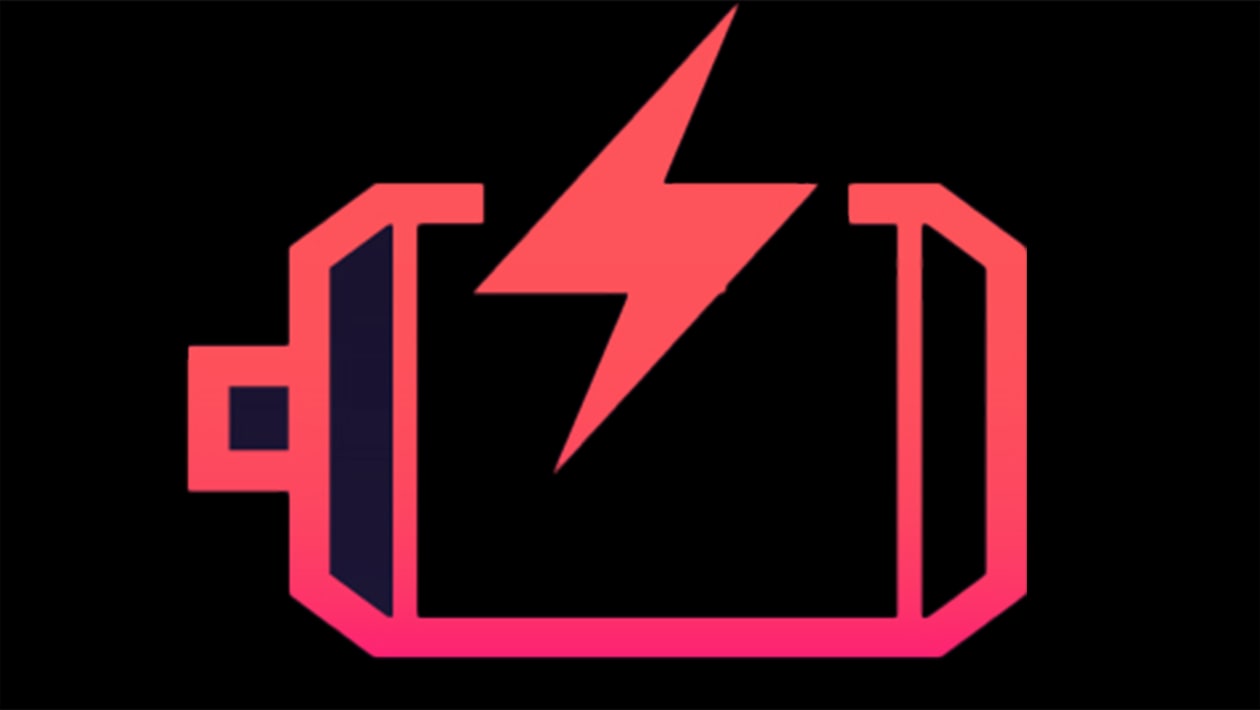
New car batteries could add 160km charge in two just minutes.
Electric car battery developer StoreDot has revealed bold plans to manufacture batteries capable of charging speeds far in excess of those available today.
As part of its 10-year roadmap, the Israeli tech start-up intends to develop a new battery design that, it claims, can receive enough charge for 160 kilometres of driving range in as little as two minutes. It’s suggested this so-called ‘ultra-fast’ charging battery tech will be commercially viable for mass-production by that time, too, putting its debut at 2032.
As manufacturers battle it out in the hotly contested fight to introduce new battery tech, StoreDot will be hoping this puts the developer in the leading pack for a breakthrough.
To facilitate these incredibly quick charging speeds, StoreDot says the batteries won’t use the lithium-ion chemistry overwhelmingly used in the electric and hybrid cars you can buy today.
Currently, lithium-ion batteries are more cost-effective and easier to produce in higher numbers than more expensive solutions such as solid-state technologies, though they can’t hold as much electric energy as a similarly sized solid-state battery pack can.
While the end goal for StoreDot’s 10-year road map is cell chemistry that can offer 160 kilometres of range from a two-minute top-up, the tech company aspires to bring rapid-charging battery tech to market earlier than that.
The company stresses it’s “firmly on track” to put into mass-production in 2024 a so-called ‘extreme fast-charging’ lithium-ion battery design that can accept up to 160 kilometres worth of charge in five minutes. It’s also aiming to introduce a production-ready solid-state design that requires only a three-minute charge for 160 kilometres of driving range.
StoreDot claims its extreme fast charging ‘100in5’ (for 100 miles in 5 minutes) battery technology is currently being tested “in the real world by a number of automotive OEMs”, though it didn’t go as far as saying which car companies are trialling the tech.
The firm isn’t alone in seeing the potential of bringing to market batteries with greater energy density and faster potential charging times. Honda is already testing development cars with solid-state battery packs, ahead of a planned debut on a production car before 2030, and the American start-up Fisker has suggested it could launch an electric car with solid-state batteries as soon as 2023.
James Allen



